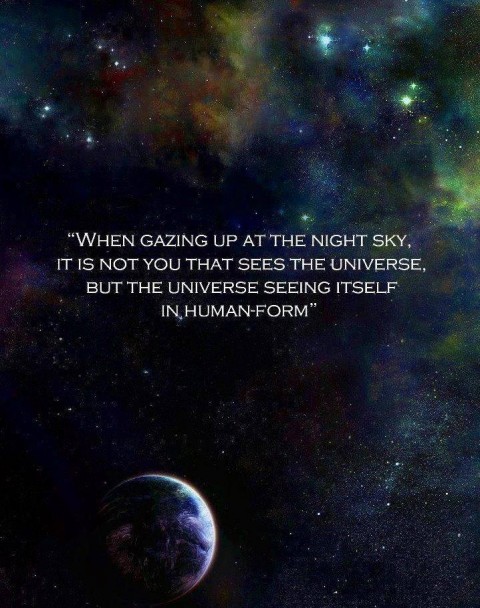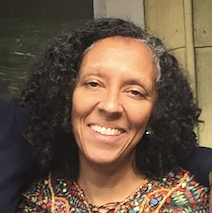October 9, 2013

|Photo by USDAGov|http://www.flickr.com/photos/41284017@N08/7740419400/in/photolist-cMZF1U-9bjsio-9ZTS3b-9UWk5k-fomtZ4-9UYk2h-agjHzA-agjHTo-ajSoZJ-agBMia-ajSogU-ajPA7r-9X7pyg-9UVcQZ-9UVnmz-9UVof4-9X1Gip-9ZTSSh-9X1S7v-9X4syC-9ZQZbV-9X1Mbc-9UVktD-9UVqix-9UVrU6-9UYipj-9X1Kh2-9X1PgP-9X1SSH-9X1QhF-9ZQZSx-a4uQan-9X4DWN-9X1Eut-9X4va3-9X1CqT-9X1HtB-9X4x9W-a4xKTw-9X1BKF-9X1R5e-a4uUin-a4uPkp-ccXodW|
I am increasingly interested in how networks can help to reclaim and reshape marketplaces, bringing them back down to earth and keeping them more stimulating of local economies, helping give value to what is not formally valued, as well as shifting and restructuring flows for greater equity and abundance. So I was delighted to get a number of tips on this front from Lawrence CommunityWorks during a visit there last week. Staff and residents shared a number of ways in which they help to identify and exchange assets as a part of daily operations. For example, here is an exercise called “Marketplaces” which comes from Bill Traynor. Read More
October 8, 2013

“Love” is now a category on the IISC Blog. How appropriate! Love is one of the three lenses that give shape to our work. And love is at the very heart of this project of social transformation. Love is path and goal. Love is how we get there and it is where we want to go.
Read More
October 3, 2013
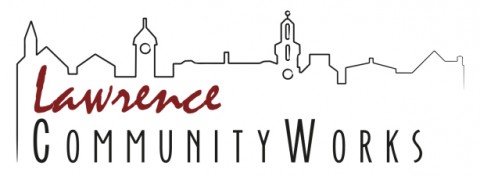
Yesterday, Carole Martin and I took the Tillotson Fund Community Practitioners Network on a site visit/retreat to Lawrence CommunityWorks, to see first hand what a network approach to community and economic development looks like. There is much to be said about what LCW has done, learned, and is looking to do going forward, and some of this has already been captured in case studies and articles. Here I want to focus on one important lesson that staff and residents have learned over the past 15 years or so when it comes to taking a network approach. This lesson falls under the caution – “Avoid a Fetish for Structural Forms.” Read More
September 25, 2013

Our friend Jane Wei-Skillern recently co-wrote (along with Nora Silver and Eric Heitz) another valuable contribution to the growing “network building” body of literature, entitled “Cracking the Network Code: Four Principles for Grantmakers.” This piece is part of Grantmakers for Effective Organizations’ learning initiative, Scaling What Works. While the guide mainly addresses funders, it also has something for those outside of the philanthropic world. Its core offering is a set of principles to guide what the authors call “the network mindset”: Read More
August 11, 2013

The following blog post is Part 2 of a series dedicated to Race and Social Transformation. We encourage you to share and comment!
Race and racism continue to be defining features of U.S. society. As such, they show up in most of our projects, either explicitly or implicitly.
For example:
Read More
July 31, 2013
“Thinking in terms of networks can enable us see with new eyes.”
– Harold Jarche
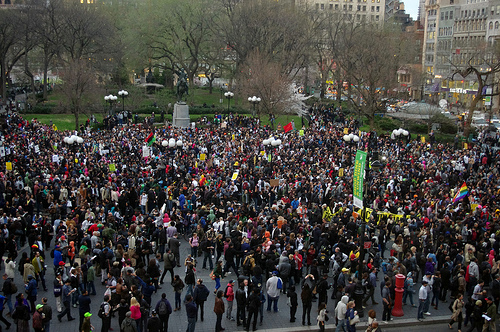
Photo by David Shankbone
The biological sciences have revealed that all living things in an ecosystem are interconnected through networks of relationship; that is, they literally depend upon a web of life to survive and to thrive. On the social science front, we are also beginning to appreciate that groups, organizations, and communities depend upon and function in distributed networks of relationship that go beyond contrived boundaries, formal roles, communications, or decision-making protocols. After all, we are a part of life! Read More
July 21, 2013
On Friday, President Obama spoke about the Trayvon Martin tragedy, in terms that were both personal and presidential. If you haven’t heard his talk you can listen here. Read More
July 16, 2013

This is for the kids who die,
Black and white,
For kids will die certainly.
The old and rich will live on awhile,
As always,
Eating blood and gold,
Letting kids die.
Read More
July 3, 2013
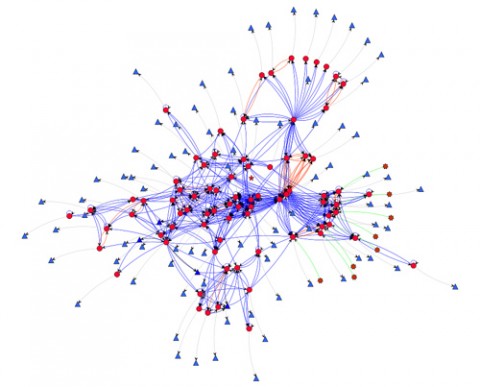
A couple of weeks ago there was an intriguing article in Next City entitled “The Post-Hero Economy: Learning to Lead Through Networks.” In it, Jennifer Bradley and Bruce Katz tell the story of some extraordinary attempts to boost a region in the midwestern United States. The focus is not on a leader or leaders, but on a network. As the authors state, “When telling stories of transformation and turnaround, it is tempting to shape them into personal stories about heroes. One charismatic visionary — a mayor, school superintendent, entrepreneur, outraged citizen — steps up and, with unrelenting vigor and inspirational leadership, starts an irreversible cascade of change. But there is a growing body of research suggesting that, as a system or problem becomes more complex, arriving at a solution requires multiple minds from multiple sectors or perspectives.” Read More
July 2, 2013
Regular readers know that facilitating for the Barr Fellows Network has been among the most rewarding work I have ever gotten to do – here is why, part 1
July 1, 2013

Thanks to our friends at Colorlines.org for calling this post to our attention! Read on and ask yourself, what does it take to be able to create this kind of a “teachable moment” with such poise, grace and clarity.
Read More




